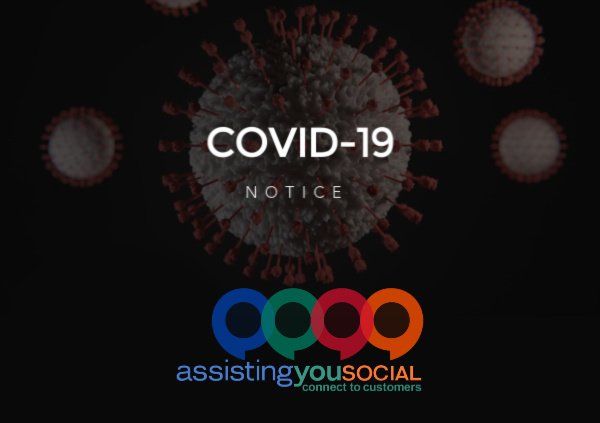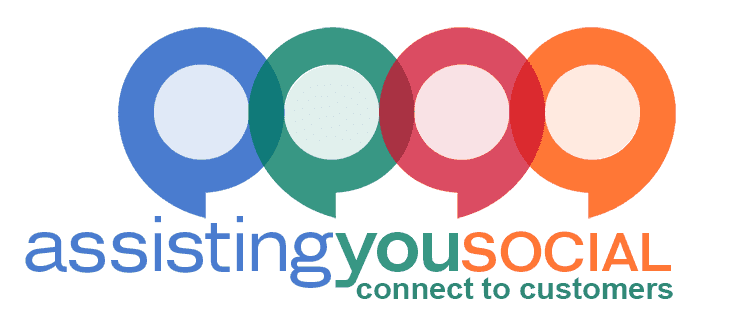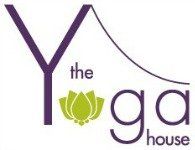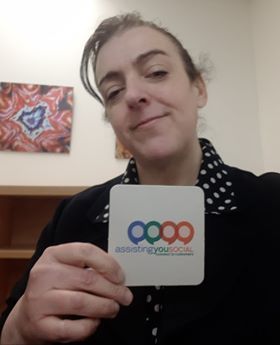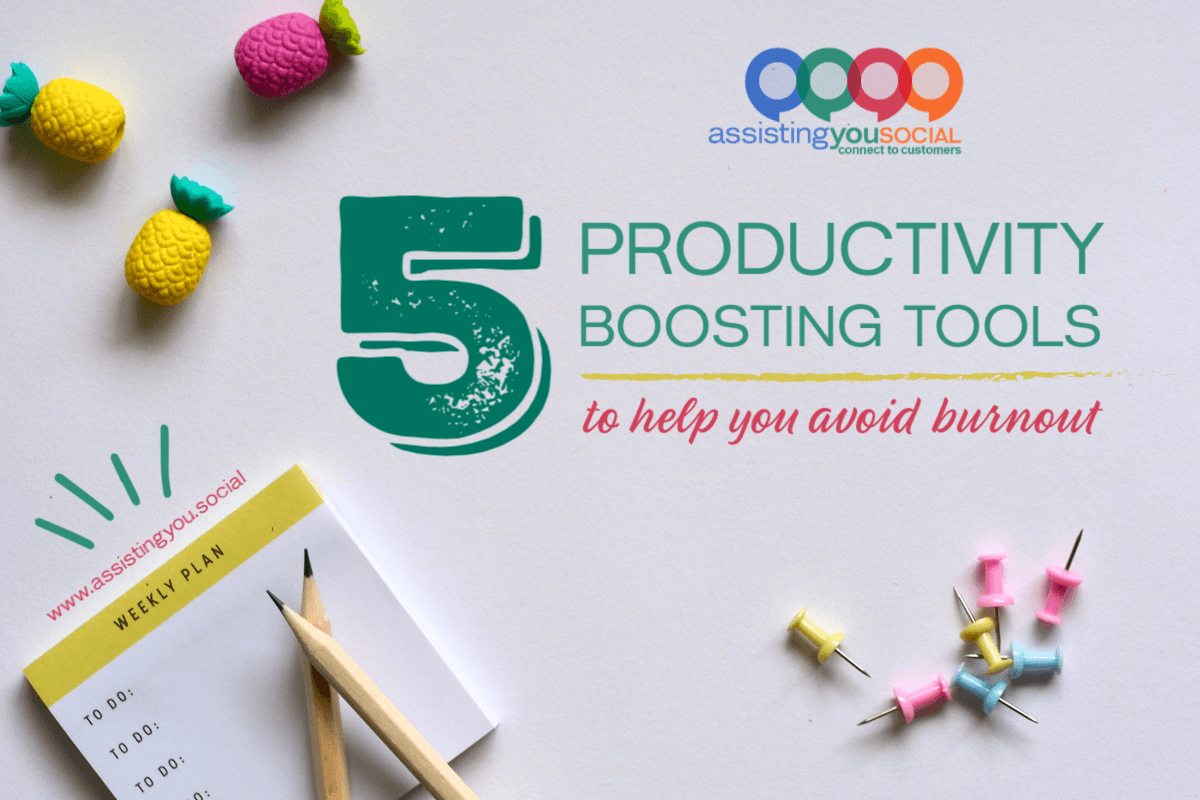Nope. Loblaws is not giving you $100.
Now stop spamming my Facebook newsfeed!
Last week, my Facebook newsfeed suddenly filled up with lots of friends saying “Thanks” to Loblaws and sharing a link on their walls for a “Free” $100 Loblaws gift card.
Although the good folks at Loblaws quickly released a statement confirming that the promotion was bogus , the damage was done – thousands of unwitting users had fallen for the bogus contest and provided their contact details to the online scammers.
How the scam works
Loblaws is simply the latest company to have their brand exploited by this common scheme. I’ve seen the same scam run using dozens of brands including Tim Hortons, Costco and (perhaps most famously) Apple. There are two key parts of the ploy.
The first part of the scam is good, old-fashioned “ Like Farming ”. Unlike Twitter, Facebook doesn’t simply feed you a real-time stream of news, instead using a complex algorithm to provide you with content that it believes you want to see. Two key factors in that algorithm are popularity (likes) and engagement (shares / comments). So, by requiring users to like/share/comment, the scammers increase the popularity of their post, exposing it to even more users who then also like/share/comment, generating even more popularity until, suddenly, it feels like half the people you know are thanking Loblaws for a bloody gift card that doesn’t exist.
Like Farming doesn’t just create temporary noise in newsfeeds. Consumer Affairs noted last year that, “once the page has a sufficiently high popularity rating, the like-farmer either removes the page's original content and replaces it with something else (usually malware or scam advertising); leaves the page as is and uses it as a platform for continued like-farming in order to spread malware, collect people's marketing information or engage in other harmful activities; or outright sells the highly liked site to cybercriminals in a black market web forum.”
Part two of the scam is where things go from annoying to invasive. Clicking the actual link takes the user to a survey (or often a series of surveys) asking for detailed personal information such as telephone numbers, e-mail addresses, and date of birth. News flash – that info isn’t going to Loblaws, unless that’s the name of the Russian hacker maintaining the offshore database!Next come the “Reward Offers”, items that you must purchase, sign up for, or subscribe to in order to remain eligible for the gift card. These offers can wind up costing more than the value of the gift card which, of course, you’ll never actually get anyway. As Snopes.com reminds readers, “often such adventures in clickjacking also result in the download of trojans and other viruses onto the computers of those looking to score the promised goodies”.
How to protect yourself
A frustrating side-effect of fake gift card spam is that it makes people question the validity of any promotion that they see on Facebook. That’s a shame, because there are many awesome giveaways on Facebook. Heck, Assisting You helps clients run social media contests and giveaways all the time! The good news is that a little common sense can allow you to participate in valid Facebook promotions without becoming a victim of the latest FaceCROOK scam.
- Be wary of promotions that rely on “Like Farming”. Facebook’s page guidelines explicitly ban the use of Personal Timelines and Friend Connections to administer promotions (ex: “share on your Timeline to enter” or “share on your friend's Timeline to get additional entries”, and "tag your friends in this post to enter"). Many small businesses unwittingly break this rule all the time but national chains do not. If the promotion requires you to share the post on your timeline, proceed with caution!
- Check the source and cross-check the company’s official page. The funniest part of the Loblaw’s fraud was that the promotion was in celebration of the company’s 50th Anniversary. The thing is, Loblaws was founded in 1919, not 1966. The lack of any mention of the anniversary – OR THE CONTEST – on the real Loblaws page should have been a huge red flag.
- If it sounds too good to be true, it probably is. Facebook has approximately 14 million daily Canadian users. If even 10% of those folks took advantage of the offer, the cost to Loblaws would be $140 million. I know that Galen Weston is a charitable fellow , but come on!
- When in doubt, Snopes is your friends. If you aren’t sure if a contest is valid, online resources such as Snopes and Facecrooks are a great resource.
Help solve the problem by reporting suspected scams to Facebook.
Even if you share this article (sorry, no Assisting You gift card for doing so!), some of your friends won’t read it. Some of them will continue to get hooked in by the lure of “free” stuff, blindly hand over their credit card information, and giddily fill your newsfeed with their gullibility. Here’s the thing. Every single post in your newsfeed (or on a page) has a small arrow in the top right corner. Clicking that arrow gives you the option to report the post and allows Facebook to quickly deal with the scammers. The more people who do so, the faster the specific scam disappears. Just like Whack-a-Mole!
Jim Lowe is Assisting You’s Blogging and Social Media Content Specialist. Jim helps your small business connect to customers by writing and designing content that speaks with your voice. Contact him today at jim@assistingyou.ca / 1-866-776-9376.

